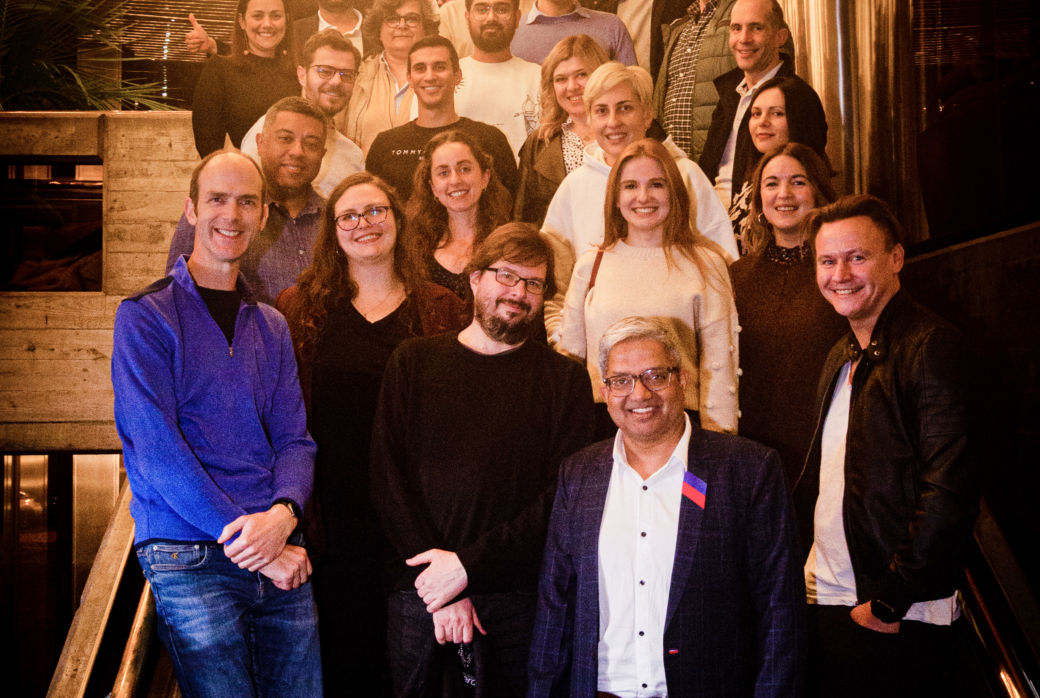The Upgrade Path from Magento 1 to Magento 2 (Part1)
In 2016, almost 10k e-commerce sites went live with Magento2. Large numbers of merchants have started Magento 2 migration. This trend will accelerate toward the end of 2017, as Magento will phase out M1 in Nov 2018.
Magento 2 - Past and Future Product Releases
2015
Mageto2 General Availability for both community and enterprise is released
MAY 2016
Magento2 Enterprise Cloud Edition (MCE) is released
- Magento cloud edition enables users to leverage the benefits of the Magento 2 platform without the headache of managing their hosting and infrastructure
- MCE make use of other industry leaders such as AWS to handle server, security, and database and network management. It also includes CDN, performance monitoring, business intelligence and release development tools to provide secure, quick and better shopping experience
JUNE 2016
Magento 2.1 is released
- Implemented native stage and preview capabilities
- Replaced SOLR with ElasticSearch for better catalogue search and navigation
- Delivered business control and performance improvements.
1ST HALF 2017
Magento 2.2 is planned
- Much-anticipated Magento B2B modules available for public access.
- These modules support personalised catalogues and pricing for customers, rapid reorder capabilities, payment-on-credit, multi-users accounts, quotation and other common B2B features.
2ND HALF 2017
Magento 2.3 is planned
- Refine and improve the B2B Module.
- Expand native content management capabilities for users. I believe Magento is planning to roll out much-discussed CMS features (BlueFoot) in this release.
1ST HALF 2018
Magento 2.4 is planned
- This upgrade is aiming to introduce ’searchandising’ capabilities to improve product discovery, navigation and order journeys.
- Enhance social e-commerce integration, which will allow retailers to create Facebook stores from within the Magento store.
- Single source of data for Magento and other social networks stores.
- Create and manage Facebook ads easily.
Why Move from M1 to M2?
M1 End-Of-Life (EOF)
By Nov 2018, Magento will cease support for merchants using Magento 1.x platforms. This might mean that Magento will not support your e-commerce website post Nov/2018.
Better Technology and User Experience
M2 is a major enhancement to Magento product and is based on modern technology stack. M2 also introduce enhanced e-commerce and business features, which will be game changing in current ever-changing e-commerce landscape.
M2 Better Marketplace
M2 also introduce new and better extension marketplace, where every M2 extension go through rigorous quality checks before it is published for merchants. This will, definitely, help to reduce troubleshooting time which M1 merchants usually experienced with M1 extensions.
M2 – A Complete e-commerce echo-system?
From the look of before-mentioned Magento product releases, it is clear that Magento is serious to provide features and capabilities beyond e-commerce. Soon, Magento will be rolling out social integration, shipping, and Business Intelligence tools to provide complete control to merchants on their e-commerce and customers. From the point, customers engage using social media to devising marketing and customers retention strategies using drill-down reports on their buying behaviours.
What is involved in Migration?
Due to the complete overhaul of the technology stack and underlying architecture and new features, moving from M1 to M2 must be considered a new project and not a simple platform/technology upgrade.
Functional and GAP Analysis
Common mistake we are seeing in the industry is that merchants/system integrators are jumping straight into migration tools and doing code and data migration without any prior functional and gap analysis exercise.
I strongly recommend functional and gap analysis of M1 e-commerce site prior to starting the migration.
Over the years, e-commerce site go through continuous changes (bug fixes, new features), and resulting e-commerce site is nothing like the one launched initially. For large e-commerce B2B and B2C sites, where there are multiple departments own different part of e-commerce, e.g. Marketing team own all marketing related features, and IT team own all integrations related components, problem become huge.
Due to these reasons, an up-to-date functional analysis of M1 e-commerce site is a pre-requisite to lay the foundation of successful M2 migration.
While doing Functional Analysis, make sure you don’t accept new features or extension to existing E-commerce site.
Functional analysis will provide the insights into e-commerce site business goals, features and all other components. These insights help to execute the next step before actual Migration is commenced, which is Gap Analysis.
During Gap Analysis, focus on following
- Go through all 3rd party extensions and check if extensions features are still needed., if Not throw them away?
- List features identified in Functional Analysis stage, and compare if M2 does it out of the box. If M2 has this feature or does it slightly differently then no need to migrate this feature? E.g. For M1 to add feature product to homepage, we either developed a custom extension or installed community extension to achieve this feature. Simialr features can now be easily achieved in M2 without a single line of code.
Magento 2 comes with a new widget that enables merchant to filter and display products anywhere on site using rules very similar to cart price rules.
Proper Gap Analysis ensures that platform OOTB (out-of-the-box) features are fully utilised and reduce the code and data to be migrated to M2
Hopefully, I was able to convince you to do the proper functional and Gap Analysis before sinking your teeth into actual migration, which will save weeks of re-work time and headaches.
Migration Process
Here we will discuss technical side of migration. Migration will be broken into followings
Code
- Custom Code
- 3rd Party extensions code
- Magento Core code
Data
- Merchant’s Data
- 3rd part extension Data
- Magento Core Data
In Part 2 of this blog post, we will go deep into configuration.




